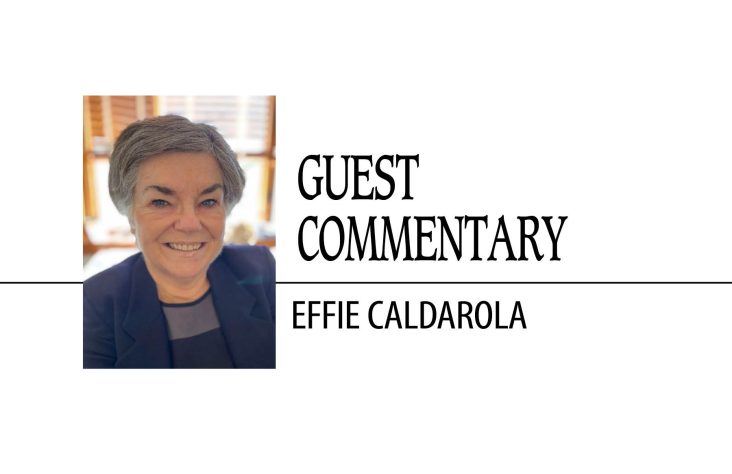February 22, 2011 // Uncategorized
USCCB official has mixed reaction to HHS conscience rule revision
By Nancy Frazier O’Brien
WASHINGTON (CNS) — Although the U.S. bishops’ pro-life spokeswoman expressed disappointment at the Obama administration’s partial rescission of a federal regulation protecting the conscience rights of health care workers, she said there are “reasons for hope” in the new education and outreach effort announced by the Department of Health and Human Services.
Deirdre McQuade, assistant director for policy and communications at the U.S. Conference of Catholic Bishops’ Secretariat of Pro-Life Activities, was commenting Feb. 18 on the final rule issued earlier that day by HHS to rescind elements of a December 2008 rule on conscience protection. The 2008 rule came down in the final days of the administration of President George W. Bush.
“It is very disappointing that the (Obama) administration has chosen to eliminate much of the existing regulation on conscience issued in December 2008,” McQuade said.
“Among other things, the final rule issued today eliminates important clarifications that would have helped in interpreting and enforcing long-standing federal statutes protecting the conscience rights of health care providers,” she said. “It also eliminates a regulatory requirement that recipients of federal funds certify compliance with those statutes.
“However, it is welcome news that the administration says it will take initiatives to increase awareness of the conscience statutes, work to ensure compliance with them, and require that all government grants make clear that compliance is required,” she added.
In its announcement of the final rule, HHS officials stressed that the partial rescission has no effect on existing laws protecting the conscience rights of health care providers.
“Strong conscience laws make it clear that health care providers cannot be compelled to perform or assist in an abortion,” the announcement said. “The rule being issued today builds on these laws by providing a clear enforcement process.”
HHS said parts of the 2008 regulation had “caused confusion and could be taken as overly broad.”
The 41-page final rule summarized and responded to the major themes of the more than 300,000 comments received by HHS to the proposed rescission.
More than 97,000 individuals and organizations supported the move to rescind, with most saying the 2008 rule “unacceptably impacted patient rights and restricted access to health care and conflicted with federal law, state law and other guidelines addressing informed consent,” HHS said.
Nearly 187,000 comments opposed the proposal to rescind, expressing the conviction that “health care workers should not be required to perform procedures that violate their religious or moral convictions” or that rescission “would violate the First Amendment religious freedom rights of providers or the tenets or the Hippocratic Oath, and would impact the ethical integrity of the medical profession.”
“While the department carefully considered these comments, we do not specifically address them because this partial rescission does not alter or affect the existing federal health care provider conscience protections,” the HHS final rule said.
It cited the Church amendment, section 245 of the Public Health Service Act and the Weldon amendment as the “federal health care provider conscience protection statutes” that collectively “prohibit recipients of certain federal funds from discriminating against certain health care providers based on their refusal to participate in health care services they find religiously or morally objectionable.”
Both the Church and Weldon amendments, named for former members of Congress, have to be passed annually as part of the appropriations bill for HHS and the departments of Labor and Education.
In its final rule, HHS expressed concern at the number of comments that reflected “a lack of understanding that the statutory protections are in effect irrespective of department regulations or the 2008 final rule.”
“The department fully intends to continue to enforce all the laws it has been charged with administering,” it added.
The HHS Office for Civil Rights, which is charged with enforcing the existing conscience protection laws and regulations, will begin a “new awareness initiative for our grantees … to ensure they understand the statutory conscience protections and the enforcement process for those who believe their rights have been violated,” HHS said.
McQuade said she hoped the administration would now “place its full support behind efforts in Congress to clarify conscience protections and make them more secure by endorsing such initiatives as the Protect Life Act (H.R. 358), the No Taxpayer Funding for Abortion Act (H.R. 3) and the Abortion Non-Discrimination Act (H.R. 361).”
The best news. Delivered to your inbox.
Subscribe to our mailing list today.





